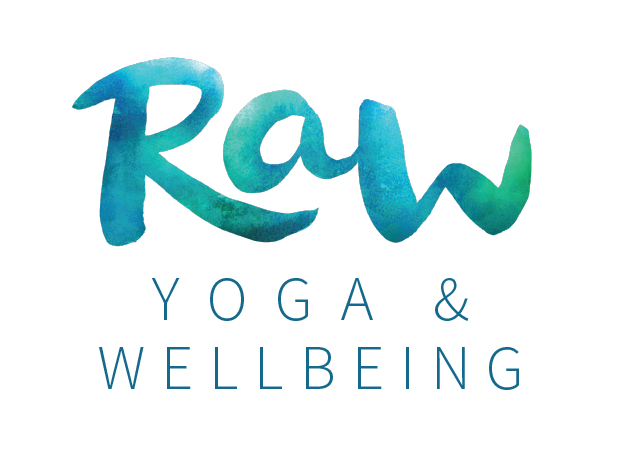What is Trauma Informed Yoga?
Written 15/07/22
A ‘Trauma Informed’ approach to yoga has been slowly making its way onto the yoga scene for a number of years now, offering invitation and choice at every opportunity.
For those who are not aware of this approach, it may seem nuanced, or something for a limited few who appear to struggle with managing their own lives. Yet, from my point of view, we could all benefit from a more trauma informed approach to living, and I believe Yoga is a great place to start.
Trauma Informed Yoga is a specific way of sharing the profound teachings that yoga has to offer, alongside a deeper understanding of trauma.
Why, you may ask?
Well… let’s start with the fact that for the past two years, globally, we have gone through a pretty traumatic time. We have been continually surprised and even scared with what might come next; there has been divide, there has been scarcity; we have experienced an inability to do what we love and see who we want when we want, even in times that in the past we would have been considered essential attendees such as family and support people.
When we consider for a moment a definition of what trauma is, using a broad and encompassing meaning, it is any time we have our choice taken away, while experiencing a level of fear in our body.
This could be as ‘minor’ as having your phone stolen… you wouldn’t choose to have this happen, and at some level there is an element of fear and restriction that manifests in your body if you perceive the event as negative. Fear will often create restriction in the body-mind, and this feeling of restriction can re-emphasize the feeling of choice being taken away.
Therefore, having choice is empowering and our ability to make our own choices (known as agency) is powerful. While it may seem simple, it is an essential part of feeling safe and in control of our lives.
We have experienced many instances in our lives when our agency has been taken away to some degree. This process over time can whittle away at our true sense of self, our knowing, our boundaries and even our intuition. This process can dramatically affect our sense of internal safety, which means the act of making empowered choices can become increasingly difficult.
Aligning our choices with our true values can be much more difficult in practice.
Many of us may relate to this common conflict of self-agency: we say ‘yes’ when we really mean ‘no’. Yet, we may not know why we can’t say ‘no’.
Traumatic events are often thought of as big, or long standing horrific abuse, yet in truth we have all experienced some type of trauma (often we may label this as stress, hard times etc.). Trauma really is something we all experience, to differing degrees, throughout much of our everyday lives.
Trauma stores in our body; trauma influences our belief structure; and trauma plays a huge role on how we see and interact in the world.
As we come to understand that we have all experienced trauma to some degree, we are able to open our hearts and eyes with greater compassion, not only for ourselves but for all those we share yoga with.
Because trauma involves taking someone’s choice away, in Trauma Informed Yoga we are teaching the body how to take choice back.
The main keys to Trauma Informed Yoga are:
Doing our own work first from a place of love and humility.
Offering choice in each asana/pranayama/meditation technique.
Offering Invitation in each asana/pranayama/meditation technique
Using specific language that encourages the student to cultivate more interoception, and agency, eventually allowing them to find a deep sense of safety in their body. Eg. ‘You may like to notice what there is to notice..’
Creating a space for greater self enquiry through interoceptive awareness
Holding an intention that no one is broken and all beings are sacred and worthy of
healing.Understanding that everyone brings their own unique body and perspective to the
practice, and we as teachers are really here as guides to support the students’ self empowerment.
How is this different from other Yoga offerings?
Some Yoga offerings move at a pace that doesn’t allow the necessary time for interoception.
Some Yoga offerings have scripted delivery, reducing and potentially removing an instructor’s ability to adapt to the individual needs of the student.
Some Yoga offerings have strict guidelines and rules that don’t allow for the choice and invitation required to assist in the healing of trauma.
Some Yoga offerings can actually re-traumatise a student simply by taking away their choice.
I do believe every yoga offering has something truly profound to offer in its own way, yet it is important to understand that there is not one perfect yoga offering that will serve everyone.
I believe that through taking ownership of our own trauma history and making the courageous choice to start to heal and transform, we will see more positive change reflected back to us.
We truly can ‘be the change we wish to see in the world’ and taking a trauma informed approach can be a wonderful perspective to work from.

